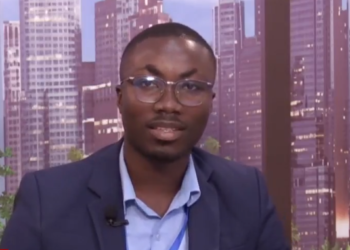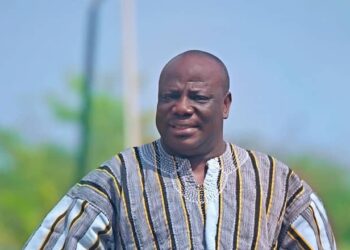Dr. Kwadwo Afari-Gyan, former Chairman of Ghana’s Electoral Commission, has painted a stark picture of the country’s democracy, lamenting politicians’ broken promises and open vote buying in a hard-hitting keynote address during the Constitution Day Public Lecture on Monday, January 8, 2024.
The event was organized by the University of Professional Studies, Accra (UPSA) Law School and the One Ghana Movement.
During his address, Afari-Gyan lamented the prevalent issue of politicians making lofty promises without substantive policy outlines. He questioned the sincerity behind these promises, stating, “our politicians spend a lot of time making and repeating promises to the electorate. One cannot be sure that even the politicians themselves believe that they can fulfil the numerous promises that they make.”
The consequences of unfulfilled promises, he warned, are akin to “a millstone around a politician’s neck,” with repercussions extending beyond the politicians to impact party members who were not initially involved in the promise-making process.
In a particularly scathing rebuke, Afari-Gyan characterized the rampant buying and selling of votes as a “shameful spectacle” that has tarnished recent elections. He underscored the illegality of such practices, emphasizing how they erode the foundational principles of democratic choice and accountability.
“In days gone by, whatever vote buying or selling there was took place in secrecy. It’s not so these days. What we have now looks like an open market where candidates can freely buy votes and citizens can freely sell their votes in broad daylight while we all look on seemingly unconcerned. It is a shameful spectacle because vote buying and vote selling are unlawful.”
He expressed worry over these practices, saying, “Vote buying undermines the idea that we choose our leaders out of our free will, and vote selling undermines the idea that we hold our elected leaders accountable.”
He further urged Ghanaians to recognize the erosion of their democratic values and implored the public to demand a higher standard of leadership from their leaders.
































